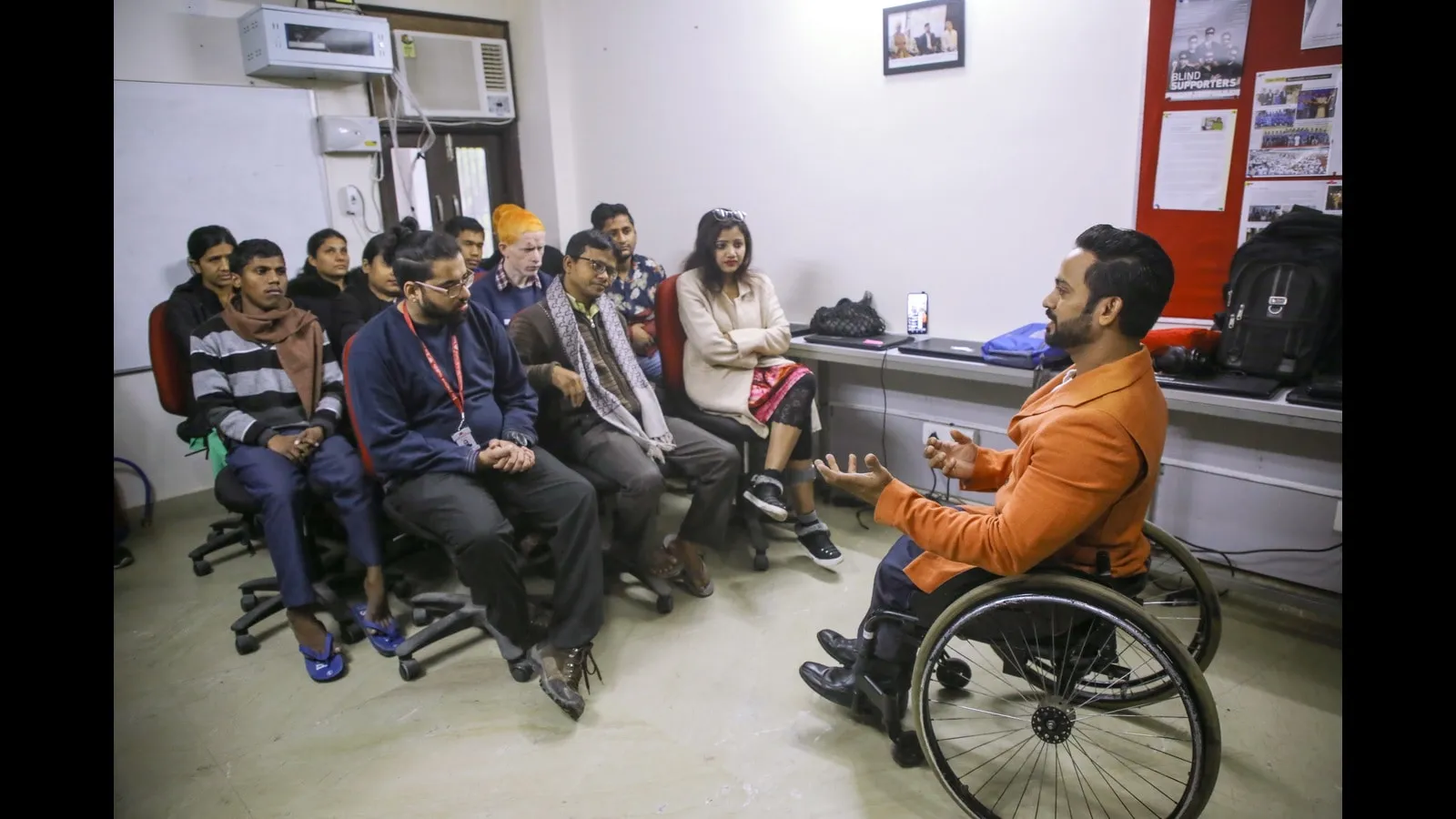NEET-UG: Supreme Court Judgment on Persons With Disabilities and Reasonable Accommodation in Medical Assessments

Background on NEET-UG and Medical Admissions
The National Eligibility cum Entrance Test for Undergraduates (NEET-UG) serves as a gateway for aspiring medical students in India, offering a crucial opportunity to secure a place in medical institutions. However, for persons with disabilities, navigating this process has historically posed unique challenges.
Supreme Court Judgment Overview
The recent Supreme Court judgment specifically addresses the provisions for reasonable accommodation in medical assessments for persons with disabilities. This landmark ruling not only seeks to uphold the rights of these candidates but also emphasizes the obligation of educational institutions to implement necessary adjustments during medical admissions.
Key Implications of the Ruling
- Promotes inclusivity by mandating compliance with the rights of persons with disabilities.
- Encourages medical institutions to proactively improve accessibility.
- Calls for medical assessments to adapt to diverse needs, ensuring fairness in evaluation.
This judgment showcases a commitment to medical assessment reform, pushing stakeholders to take actionable steps towards creating an inclusive environment.
Moving Forward: Implementation and Vigilance
While the judgment presents a promising pathway for change, its success hinges on proper implementation. Ongoing vigilance will be essential to ensure that medical institutions adhere to the Supreme Court's directives. The medical community must collaborate effectively to champion the cause of persons with disabilities.
This article was prepared using information from open sources in accordance with the principles of Ethical Policy. The editorial team is not responsible for absolute accuracy, as it relies on data from the sources referenced.